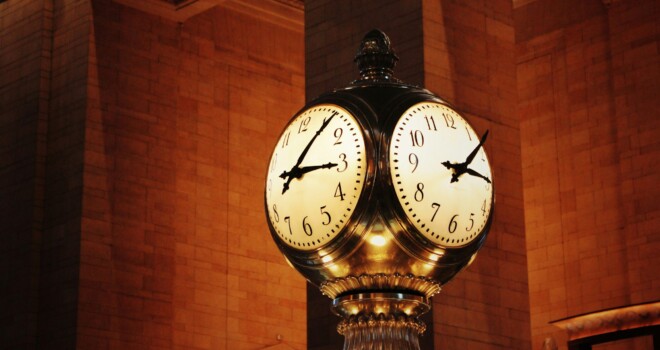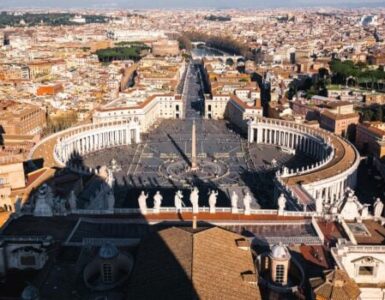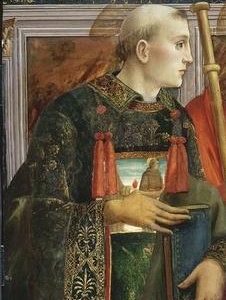There’s a short story—more of a modern-day parable—about a man who found a TV remote control on the street with no batteries inside. None of the buttons worked, except, when he pressed the fast forward button, the entire device lit up in a neon red color. He then looked at his watch and noticed that an hour had gone by in an instant. He pressed the button again. Another hour passed in a split second.
Amazed, he thought he had discovered a crack in the time-space continuum. He seemingly suffered no ill effects from this time travel. So, when he found himself in long meetings, uninteresting activities, and burdensome obligations, he simply pressed fast forward, sometimes repeatedly, and time advanced.
Weeks, months, and years went by at terrific speed. Decades passed in a flash. He could manipulate time to avoid experiences he didn’t like and shorten the time anticipating activities he preferred.
The story ends with one last push of the fast forward button. He finds himself at his particular judgment, standing face to Face before Jesus who asks him to give an account of his life. An account of the time he wasted. How he neglected to use so much of the precious, limited time he was given to love God and neighbor.
Jesus highlights the importance of reinforcing our love of God in Commandments 1 – 3 and our love of neighbor in Commandments 4 – 10.
We’ve been given an extra hour this weekend. Most of us associate it with an extra hour of sleep. Nothing wrong with that. That’s a good thing. But could we possibly reconsider using it somehow for the love of God and neighbor?
Do we truly love the Lord our God with all our hearts, minds, souls, and strength? This requires a complete emptying of self, so we can refill ourselves with God. Do we love our neighbor as ourselves? We’d have to undergo a completely transformational change of heart in order to love neighbor as self.
If we can do that, as Jesus says to the scribe, we’re not far from the kingdom.
Immersing ourselves in love of God and neighbor requires a radical interpretation of the gospel, much like St. Francis of Assisi who practiced austere self-denial, preferring love of God and neighbor over everything else.
The challenge in these seemingly impossible degrees of love for God and neighbor suggests we can all increase our efforts to love more sincerely, more intensely, and more completely. It’s a life-long mission—one we may never fulfill to our greatest potential, yet it remains a challenge that Jesus places before us to work on to grow in holiness. Focus on the journey, and the destination will be richly provided for in the brief time we’re given.
This is a time of great grace. The Church grants a plenary indulgence to the Christian faithful who devoutly visit a cemetery and pray, even if only mentally, for the dead. This indulgence is applicable only to the holy souls in Purgatory. The indulgence is plenary between November 1st – 8th and can be gained on each one of these days. On the other days of the year, this indulgence is partial.
Bishop Fulton Sheen said, “As we enter heaven, we will see them, so many of them, coming toward us. We will ask who they are, and they will say, ‘I was a poor soul you prayed for in Purgatory.’”
We can do our part this week to use some of this extra time we’ve been given to help the holy souls in Purgatory on their way to heaven. Let us perform this spiritual work of mercy, and others too, so that we live out these greatest commandments: love of God and love of neighbor. In doing so, let us learn to love like Jesus, to love more perfectly.












